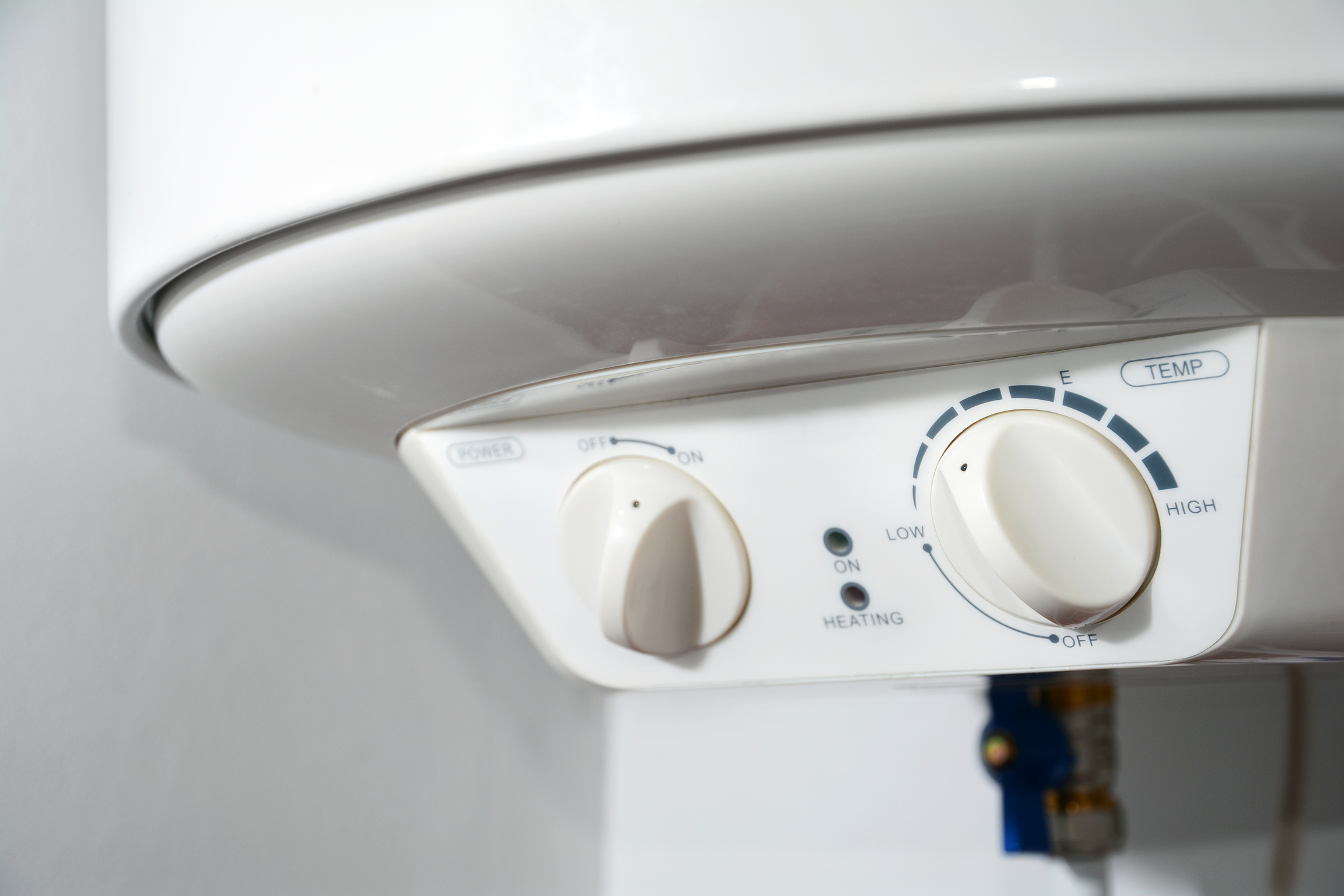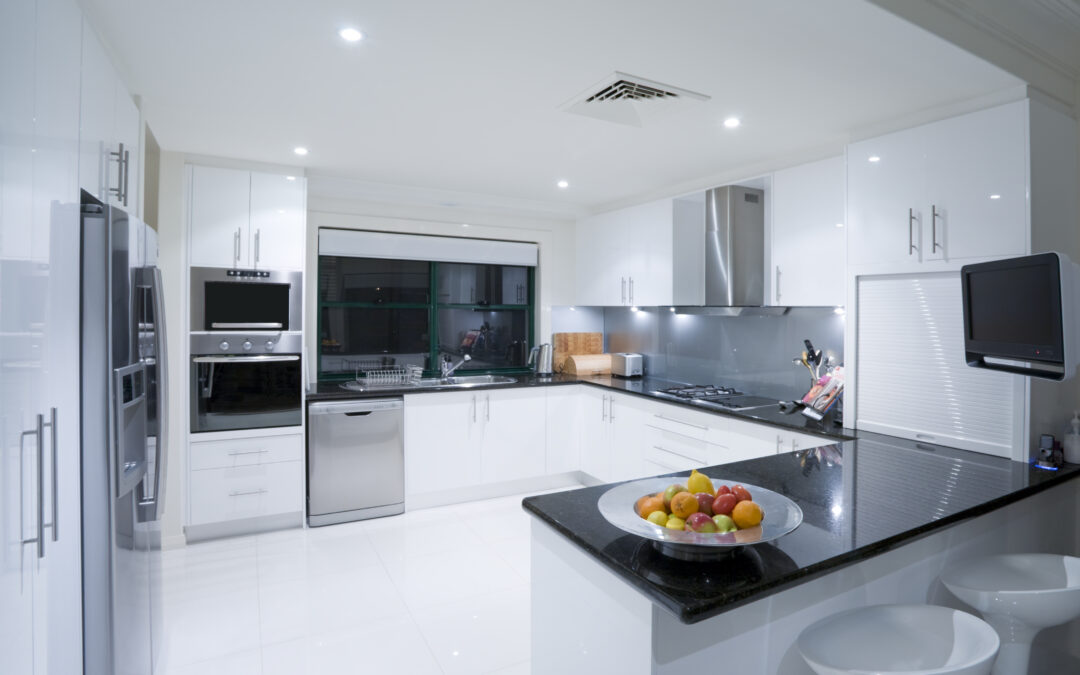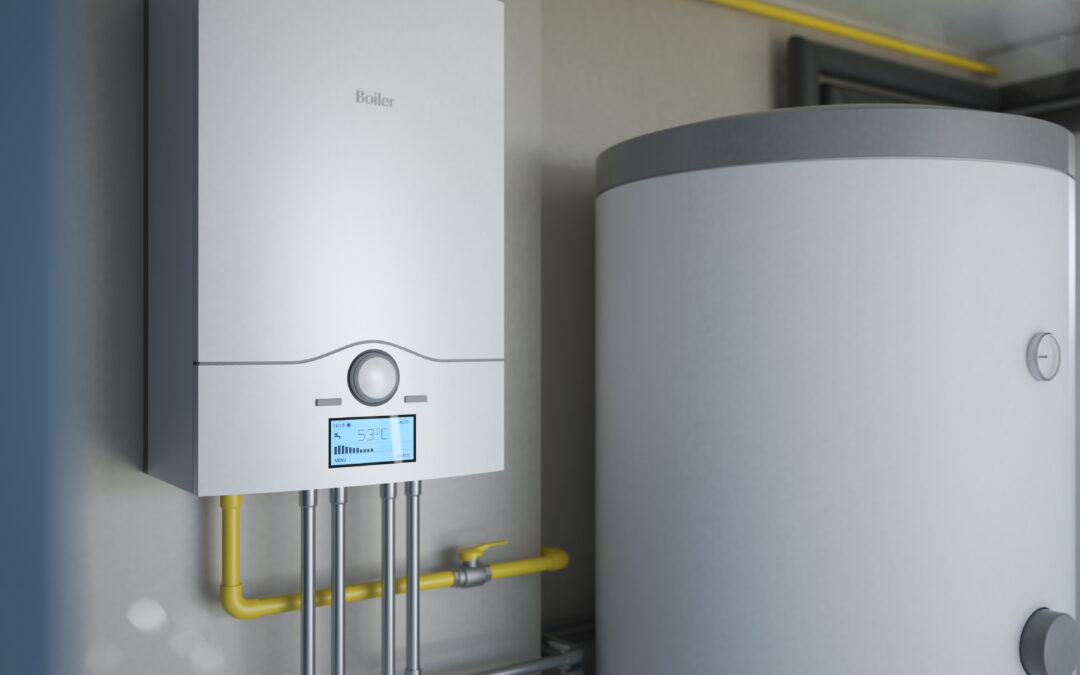Understanding the Importance of General Plumbing Services
General plumbing services are essential for the smooth running of everyday domestic routines and the safeguarding of public health. A reliable and efficient plumbing system ensures an uninterrupted supply of clean water, while also enabling the effective and hygienic disposal of waste. The importance of plumbing services extends beyond mere convenience, contributing to the overall health, safety, and comfort of a home’s occupants.
Furthermore, professional plumbing services can help detect and fix potential problems before they escalate into larger, costly issues. They can manage everything from minor leaks to extensive plumbing installations, ensuring your system functions optimally. The benefit of this preventative approach is two-fold: it saves homeowners from unexpected repair costs and prevents the inconvenience of major plumbing failures.
Moreover, professional plumbers bring their expert knowledge of the current regulations and standards to the table. They ensure that all plumbing work complies with these established norms, guaranteeing the safety and legality of your systems. This is critical, as non-compliant systems can lead to significant penalties or decreased property value.
Unveiling the Scope of General Plumbing Services
General plumbing services cover a broad spectrum of tasks, from routine maintenance and repairs to major installations and upgrades. This includes fixing leaking taps, unblocking drains, repairing burst pipes, installing new fixtures like showers and sinks, and dealing with more complex issues like faulty boilers or water heaters.
Apart from the practical aspects, general plumbing services also provide expert advice on maintaining your plumbing system and improving its efficiency. This can involve recommending water-saving fixtures, suggesting better pipe arrangements or providing guidance on preventing common plumbing issues. The advantages of this consultative approach are notable: homeowners can significantly reduce their water bills, increase their system’s longevity, and contribute to environmental conservation.
Lastly, general plumbing services encompass emergency plumbing solutions. Emergencies, such as severe leaks, flooded basements, or blocked sewage pipes, require immediate attention. Professional plumbers are equipped to handle these situations swiftly and proficiently, minimising the potential damage to your property and ensuring a quick return to normality.
Navigating the World of Plumbing: Key Terms and Concepts
Understanding common plumbing terms can enhance your communication with your plumber and also help you identify potential issues early on. For example, ‘pressure’ refers to the force pushing water through your pipes and is crucial to the functioning of showers and taps. ‘Valves’ are devices that control the flow of water, and ‘traps’ are bends in pipes that prevent sewer gases from entering your home.
Some other key concepts include ‘backflow’, which is a reversal in the flow of water in your pipes that can contaminate your water supply, and ‘drainage’, the system by which water waste is removed from your property. ‘Venting’, on the other hand, is a system that allows sewer gases to escape outside your home, preventing unpleasant odours and potential health hazards.
Knowing these terms can enhance your understanding of your plumbing system’s functioning, allowing you to identify and describe problems more accurately. More importantly, this foundational knowledge can empower homeowners to make informed decisions about their plumbing, from minor repairs to significant upgrades.
Common Plumbing Issues in UK Households
UK households frequently face a variety of plumbing issues, many of which can be attributed to the country’s older housing stock or severe weather conditions. Some of the most common problems include leaking taps, blocked drains, frozen pipes, and boiler issues.
Leaking taps are a widespread issue that not only wastes water but can also gradually damage your fixtures and exacerbate water bills. Blocked drains can lead to unpleasant odours and potential hygiene issues. Frozen pipes, a common problem during the UK’s colder months, can lead to severe leaks and even burst pipes if not addressed promptly.
Finally, boiler issues, such as lack of hot water or heating, are a common occurrence in UK homes. These can be caused by a variety of factors, including faulty thermostats, low water pressure, or issues with the boiler’s internal components. These problems require the expertise of a professional plumber to diagnose and rectify accurately and safely.
Identifying When to Call a Professional Plumber
While some minor plumbing issues can be addressed with DIY solutions, many situations require the expertise of a professional plumber. For instance, persistent leaks, low water pressure, frequent drain clogs, or unusual noises from your pipes or boiler are all signs that professional help is needed.
Furthermore, any issues with hot water supply or heating should always be addressed by a professional, as this often involves complex systems and can pose significant safety risks if mishandled. Similarly, if you notice signs of water damage, such as mould, mildew or damp patches on your walls or ceilings, it’s time to call in a plumber.
One of the key benefits of hiring a professional plumber is their ability to accurately diagnose and fix the root cause of the problem, rather than merely addressing the symptoms. This approach ensures a long-term solution, saving you time, money, and potential future disruptions.
How to Find a Reliable Plumbing Service in the UK
Finding a reliable plumbing service in the UK involves researching potential companies, checking their credentials, and reading customer reviews. It is advisable to choose a plumber who is registered with a recognised trade body, such as the Association of Plumbing & Heating Contractors (APHC) or the Chartered Institute of Plumbing and Heating Engineering (CIPHE). This guarantees that the plumber has the necessary training, experience, and adherence to industry standards.
Word-of-mouth recommendations can also be invaluable in finding a reliable plumber. Ask friends, family, or neighbours about their experiences, and consider their feedback when making your decision. Additionally, online reviews and ratings can provide insights into a company’s quality of service and customer satisfaction.
Importantly, don’t forget to verify the plumber’s insurance cover. This protection is critical, as it safeguards you from potential liabilities arising from unexpected accidents or damage during the plumbing work. Ensuring your chosen company is insured gives you peace of mind and demonstrates their professional responsibility.
What to Expect: The General Plumbing Service Process
The general plumbing service process begins with a thorough examination of the problem at hand. The plumber will assess the situation, diagnose the cause, and explain the issue to you. They should also provide you with an estimate of the repair or installation costs before beginning any work.
Once you have agreed to the proposed solution and costs, the plumber will proceed with the necessary work. This can involve replacing faulty parts, unclogging drains, installing new fixtures, or any other tasks needed to resolve the issue. During the process, the plumber should keep you informed about the progress, any challenges encountered, and any changes to the initial cost estimate.
At the end of the job, the plumber should review the completed work with you, ensuring that you are satisfied and that the original issue has been fully resolved. They should also provide any necessary instructions for maintaining the repaired or new system and leave your property clean and tidy. This end-to-end service ensures a positive customer experience and the effective resolution of your plumbing issues.
Maintaining Your Plumbing System: Tips and Best Practices
Maintaining your plumbing system helps prevent common issues and extends the lifespan of your system. Simple practices such as regularly checking for leaks, ensuring your drains are clear of debris, insulating your pipes in winter, and having your boiler serviced annually can significantly improve your system’s performance and longevity.
Furthermore, being mindful of what goes down your drains can prevent blockages. Avoid disposing of cooking fat, coffee grounds, or other dense materials down your kitchen sink. In the bathroom, install drain guards to catch hair and other debris, and ensure only toilet paper is flushed down the toilet.
Lastly, schedule regular professional inspections. These routine checks can identify potential issues early on, allowing for timely repairs and preventing costly future damage. Regular maintenance, combined with a proactive approach to managing your plumbing system, can save you both time and money in the long run.




